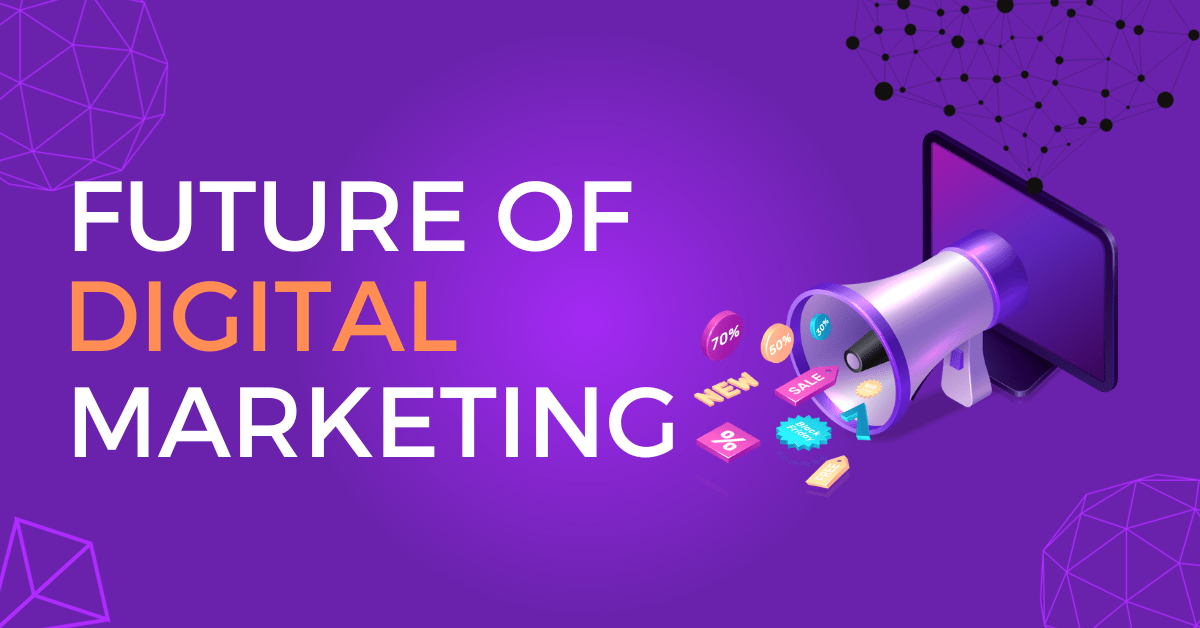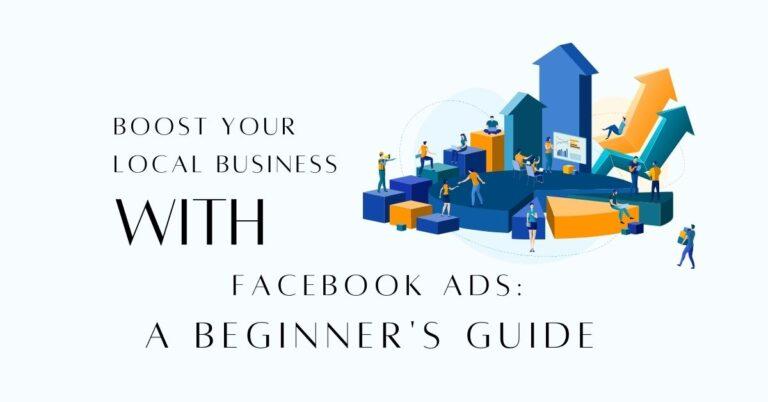Introduction
With the ever-evolving landscape of digital marketing, businesses are continuously challenged to find innovative ways to capture the attention of their target audiences. Traditional techniques are no longer effective in driving meaningful engagement and conversions. To stay ahead in this dynamic industry, a curated approach to digital marketing is emerging as the transformative solution for the future.
The Evolution of Digital Marketing
The digital marketing of yesteryear relied heavily on generic, mass marketing techniques and channels. Strategies revolved around one-size-fits-all campaigns, hoping to reach a broad audience. However, the emergence of big data and analytics has completely transformed the playing field.
In the digital age, marketers now have access to vast amounts of data that provide insights into consumer behavior and preferences. This data-driven approach has allowed businesses to tailor their marketing efforts to specific demographics, resulting in higher engagement and conversion rates.
The Power of Curated Digital Marketing
Curated digital marketing is all about personalization and relevance. It revolves around delivering targeted content to the right audience, at the right time. By curating experiences based on individual preferences and interests, businesses can create lasting connections with their customers.
Gone are the days of inundating consumers with generic advertisements. Curated digital marketing enables businesses to understand their customers on a deeper level and deliver tailored messages and experiences that resonate with their needs and desires. This approach cultivates trust and loyalty, ultimately resulting in customer-driven growth.
The Rise of Voice Search
With the abundance of data available today, marketers have the power to make informed decisions based on customer insights. Data-driven marketing enables brands to identify their target audiences, personalize their messaging, and optimize their marketing campaigns for maximum impact. However, it is crucial for marketers to prioritize data privacy and adhere to ethical practices to maintain customer trust in this data-driven era.
The Emergence of Video Content as a Game Changer
Video content has emerged as a dominant force in the digital marketing landscape, capturing attention and driving engagement. With the rise of short-form videos, live streaming, and interactive formats, brands have endless opportunities to create compelling visual experiences.
Short-form videos, such as those on TikTok and Instagram Reels, have become highly popular among younger audiences, offering a platform for brands to showcase their creativity and connect with Gen Z and millennials.
Live streaming has also gained traction, allowing brands to interact with their audience in real-time, host virtual events, and provide exclusive behind-the-scenes content. Interactive video formats, such as shoppable videos or branching narratives, enable viewers to actively engage with the content, resulting in a more immersive and memorable experience.
The Transformation of Social Media Advertising
Social media platforms have significantly evolved, impacting how brands reach their target audiences. With complex algorithms prioritizing content, marketers need to adapt their advertising strategies to maximize organic reach and engagement.
Additionally, social commerce has paved the way for brands to integrate shopping features directly into platforms like Instagram and Facebook. This seamless integration creates a frictionless shopping experience for users, boosting conversion rates and sales.
When creating social media advertising campaigns, it’s crucial for marketers to stay agile and experiment with different approaches. A well-crafted ad, combined with strategic targeting and compelling visuals, can help break through the noise and capture audience attention.
Embracing Data-Driven Strategies
Data is the foundation of curated digital marketing strategies. By leveraging the power of data, businesses can make informed decisions that maximize ROI and improve customer experiences.
Data-driven strategies allow marketers to segment their audience effectively. Through audience segmentation, businesses can understand various customer personas, their preferences, and their pain points. This knowledge enables marketers to create personalized campaigns that speak directly to each segment’s needs, driving higher engagement and conversion rates.
Moreover, utilizing data and analytics helps businesses track campaign performance and understand what resonates with their audience. This allows for ongoing optimization, ensuring that marketing efforts are continuously tailored to best meet customer expectations.
Leveraging AI and Automation
Artificial Intelligence (AI) and automation are revolutionizing the way businesses curate digital marketing experiences. AI technologies, such as machine learning and natural language processing, provide insights into customer preferences and behaviors, allowing businesses to deliver hyper-personalized experiences at scale.
Automation tools simplify the process of content curation. By automating repetitive tasks such as content scheduling and social media posting, marketers can focus their efforts on more strategic initiatives that drive results. Additionally, AI-powered chatbots are transforming customer service, providing timely and relevant support to customers 24/7.
Successfully incorporating AI and automation into curated digital marketing efforts requires careful planning and monitoring. It is crucial to strike a balance between automation and human interaction, ensuring that the customer journey remains personalized and engaging.
Augmented Reality (AR) and Virtual Reality (VR) in Marketing
Augmented Reality (AR) and Virtual Reality (VR) technologies are transforming the way brands engage with their audiences. By creating immersive experiences, marketers can provide customers with a deeper connection to their products and services. From virtual try-on experiences to interactive brand activations, AR and VR offer endless opportunities for marketers to captivate and delight their target audiences.
Influencer Marketing in the Digital Age
Video has emerged as a dominant form of content consumption, garnering high engagement rates across social media platforms and websites. With the rise of live streaming and short-form video content, marketers have the opportunity to harness the power of video to tell compelling brand stories and connect with their audiences on a deeper level. By incorporating video marketing into their strategies, brands can enhance customer engagement and drive conversions.
Dark Mode and Mobile-First Design
Chatbots have revolutionized customer service by providing instant, personalized responses to user queries. Beyond customer support, chatbots can be integrated with other digital marketing channels to automate and personalize marketing interactions. Conversational marketing, facilitated by chatbots, enables brands to engage customers in real-time conversations, gather valuable insights, and deliver customized experiences, resulting in improved customer satisfaction and increased conversion rates.
The Role of Chatbots and Conversational Marketing
The future of digital marketing promises exciting advancements and opportunities for brands. By harnessing the power of technologies like AI, VR, and chatbots, marketers can create more personalized and engaging experiences for their audiences. However, it is crucial to stay adaptable and continually learn and evolve alongside the advancements in the digital marketing landscape. By embracing these future trends, marketers can stay ahead of the competition and effectively meet the evolving needs and expectations of their customers.
Overcoming Challenges and Preparing for the Future
While curated digital marketing offers numerous benefits, it also poses challenges and requires a strategic approach. One common challenge is overcoming data privacy concerns. Consumers are increasingly protective of their data, making it crucial for businesses to establish trust and transparency when collecting and utilizing customer information.
As technology continues to advance, the future of digital marketing holds exciting possibilities. Augmented reality (AR), virtual reality (VR), and voice assistants are just a few examples of emerging technologies that will shape the industry. To prepare for the future, businesses must stay abreast of these trends and adapt their strategies accordingly.
To successfully embrace the curated future of digital marketing, businesses should:
- Invest in data analytics and customer insights.
- Stay updated on emerging technologies.
- Create personalized and relevant content.
- Leverage AI and automation strategically.
- Build genuine relationships with influencers.
By following these best practices and embracing the curated approach, businesses can navigate the paradigm shift in digital marketing, unlocking new opportunities for growth and success.
Conclusion
As the digital marketing landscape continues to evolve, businesses must adapt to stay relevant and engage with their customers effectively. Curated digital marketing has emerged as a transformative approach, allowing businesses to deliver personalized and relevant experiences that resonate with their target audience. By leveraging the power of data, embracing AI and automation, and partnering with influencers, businesses can navigate the curated future of digital marketing, staying ahead of the competition and driving meaningful results.
Thank you for reading! Share your experiences and questions in the comments below!




